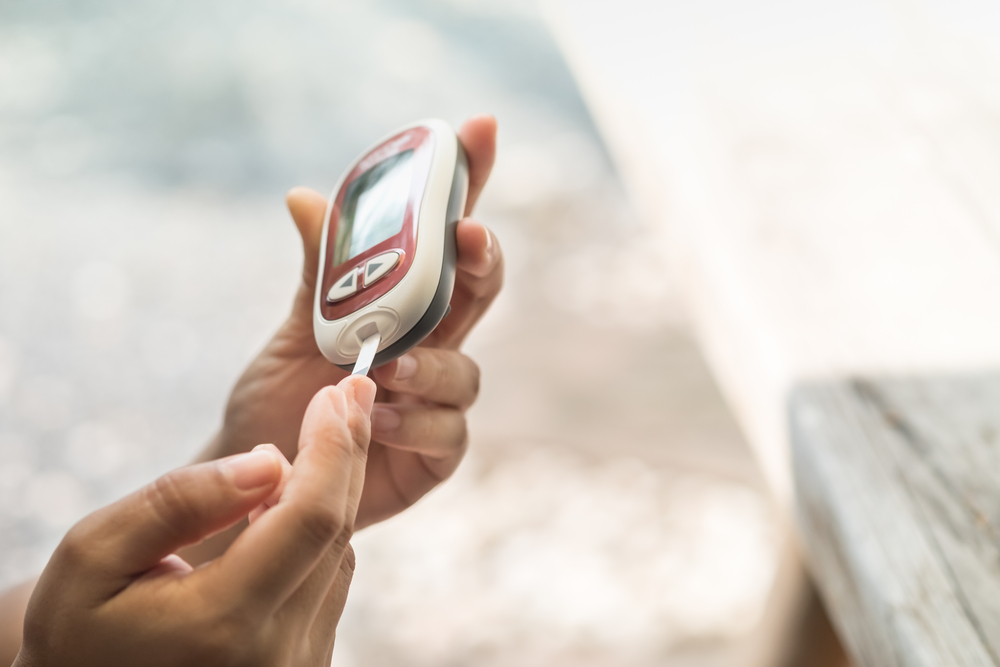Pregnancy and diabetes

We’ve already covered why it’s important to prevent infection by using contraception, but preventing pregnancy is also very important if you’re not actively trying and prepared for a baby. Diabetes won’t affect your ability to become pregnant, but if it’s not carefully managed it can be dangerous for both you and the baby.
Pregnancy planning
If you’re planning on becoming pregnant, it’s very important to make sure your blood glucose is under excellent control, and that you involve your diabetes team in your planning. Your HbA1c should be below 48 mmol/mol before you conceive. If it’s higher than this, then it may not be safe to get pregnant. Also if you are taking other medications (not insulin), they may need to be stopped or replaced before pregnancy. You should always get medical advice before you try to conceive. Most diabetes service will run ‘pre-conception’ clinics for you to attend to get ready for pregnancy.
Folic Acid
You should start taking 5mgs of folic acid each day at least 12 weeks before you conceive as this also reduces the risks to your baby. You will then need to keep taking this until you are 12 weeks pregnant. Your doctor or nurse will prescribe you a high-dose folic acid (5mg) to take as soon as you decide you want to get pregnant. The higher dose of folic acid is only available on prescription and cannot be bought over the counter.
If you plan your pregnancy carefully, then there is a very good chance of having a healthy and happy pregnancy.
Diabetes and pregnancy

Poor blood glucose control can increase the risk of miscarriage or stillbirth and can lead to long-term health concerns for the baby
High blood glucose levels will affect organ formation, potentially leading to heart problems, breathing problems and a condition called spina bifida, where the spine doesn’t develop properly.
You should also be aware that you’re likely to have a larger baby, which can mean you may need to be induced or have a caesarean (C-section) when you’re ready to deliver, to prevent harm to both you and the baby during labour.
Pregnancy puts additional demands on your body and this will affect your blood glucose. Also, controlling your blood glucose more tightly during pregnancy may result in a reduction in your hypo warning signs, and can put you at risk of severe hypos which could need emergency treatment. If you have underlying diabetes-related eye and kidney disease, then damage may happen faster during pregnancy, if not properly managed.



Leave a Reply
You must be logged in to post a comment.